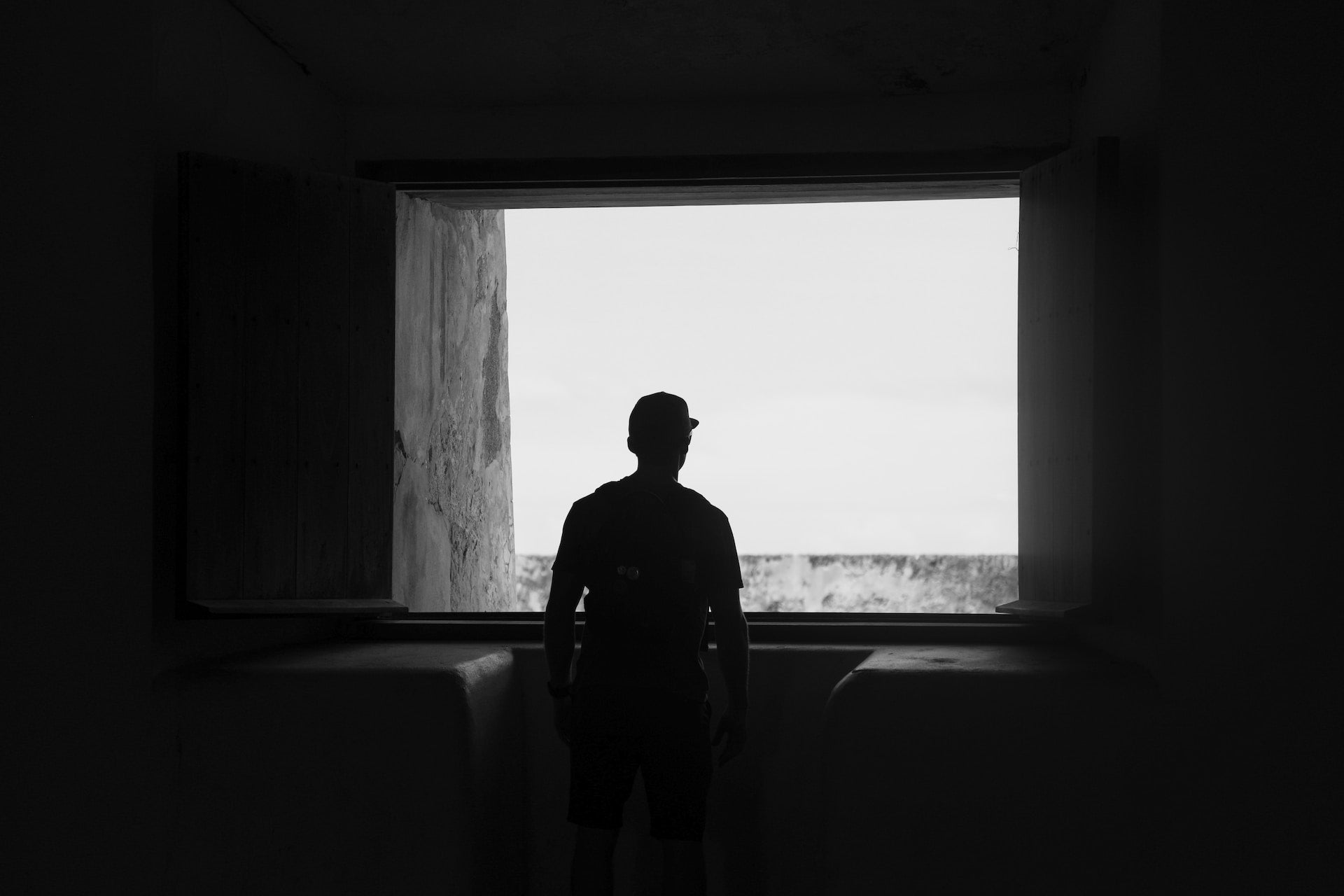We spend too much of our lives sidestepping struggle and seeking shortcuts. See the rise of life- and bio-hacking content for reference. But we’re wired for adversity and should actually be seeking out difficult challenges to develop a more rugged mindset and greater physical capabilities. Here's a roundup of the key takeaways on this topic from authors Michael Easter, Scott Carney, and Steve Magness.
- Coming in Hot (and Cold)
Award-winning investigative journalist Scott Carney became a bestselling author with storytelling that grabs readers on a heart level, so he can then educate them about the latest cutting-edge advances in human performance. His book What Doesn’t Kill Us is a prime example. In it, Carney reveals that continually being in climate-controlled environments – such as your car, home, and office – all the time puts certain bodily processes into sleep mode, not to mention reducing resilience when faced with extremes. The EPA estimates that the typical American adult spends 93 percent indoors, and that compounds this issue.
Carney’s prescription? Seek out scenarios in which you’re exposed to high and low temperatures. This doesn’t just mean going outdoors more year-round, although this is a great starting point. Carney also reveals the benefits of triggering heat shock proteins (HSPs) and cold shock proteins (CSPs). These ancient evolutionary mechanisms are activated by getting hotter and colder than you’d normally be in everyday life. They help improve immune response, metabolism, cognitive function, and much more. You can trigger HSPs by using a sauna, hot tub, or warm bath and kick CSPs into action with ice baths, braving chilly seas, rivers, and lakes in winter, and cold showers.
- Finding a Minimum Effective Dose for Going Hard
There is far too much bro science and outright bullshit in health, fitness, and wellness, whether it’s blog posts with clickbait headlines, amateurish podcast episodes, or influencers claiming to be experts on social media platforms. Michael Easter is the exact opposite: a legitimate writer who knows his way around the scientific literature and distills it into easily applicable advice that the layperson can understand and implement.
You might know Easter from his writing in magazines like Outside and Men’s Journal or popularization of rucking as a unique way to develop both strength and endurance simultaneously. In his book The Comfort Crisis, Easter explains that when we avoid hard things, it negatively impacts both our mentality and physiology. A simple antidote is doing just one hard workout a week for a month, mixed in with other low- and moderate-intensity sessions. This will challenge you psychologically and physically as you redline. Try an interval workout in which you go hard for a minute, slow down for two to three minutes, and repeat five to 10 times.
- Hitting the Sweet Spot Between Easy and Impossible
Over the past few years, writer Brad Stulberg and former University of Houston running coach Steve Magness have become one of the most prolific and impactful writing duos in human performance. Sometimes they split up to divide and conquer on solo side projects, such as with Magness’s book Do Hard Things, in which he lays out a blueprint for rethinking mental toughness and how to seek out, embrace, and grow from discomfort. In a companion blog post, Magness asserts that “A little bit of discomfort is a good thing. Skills come from struggle.”
So how can you use difficult tasks to maximize your mental toughness and physical capacity? Magness advocates avoiding extremes, writing that “whether you’re trying to intellectually or physically grow, the key lies in finding just manageable challenges, tasks that push you to the point of slight embarrassment so that your body and mind adapt.”





















